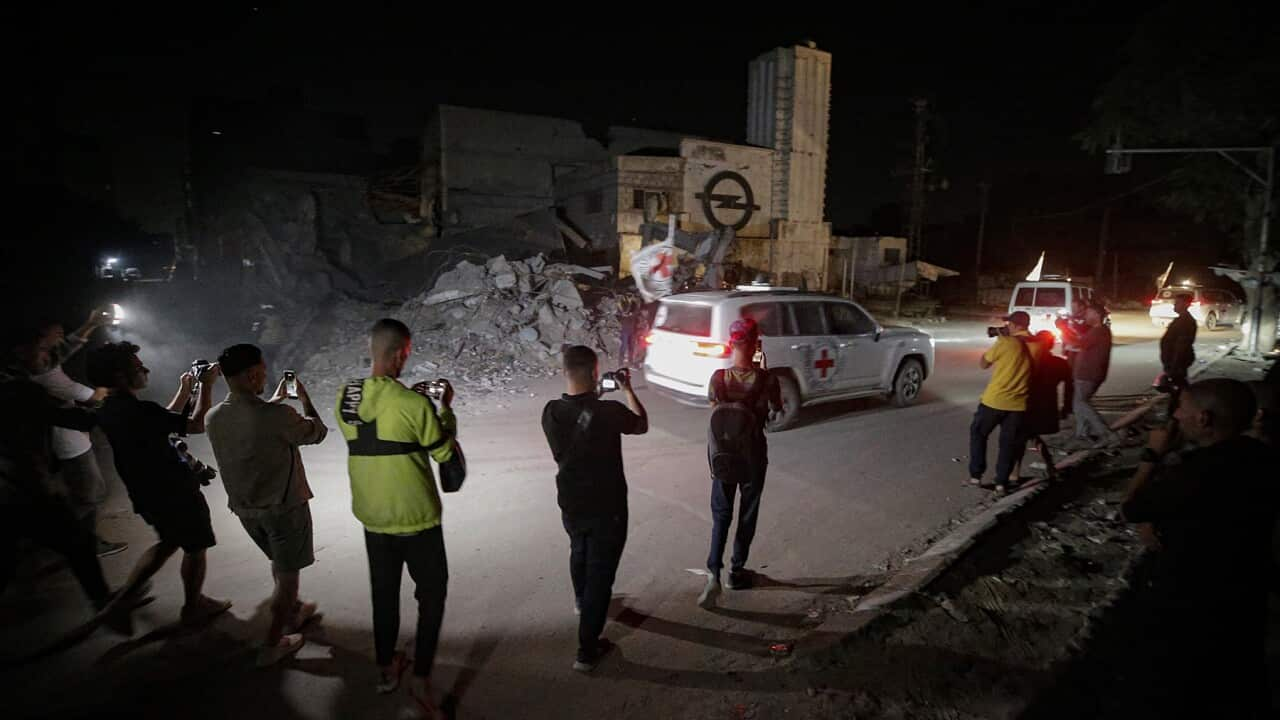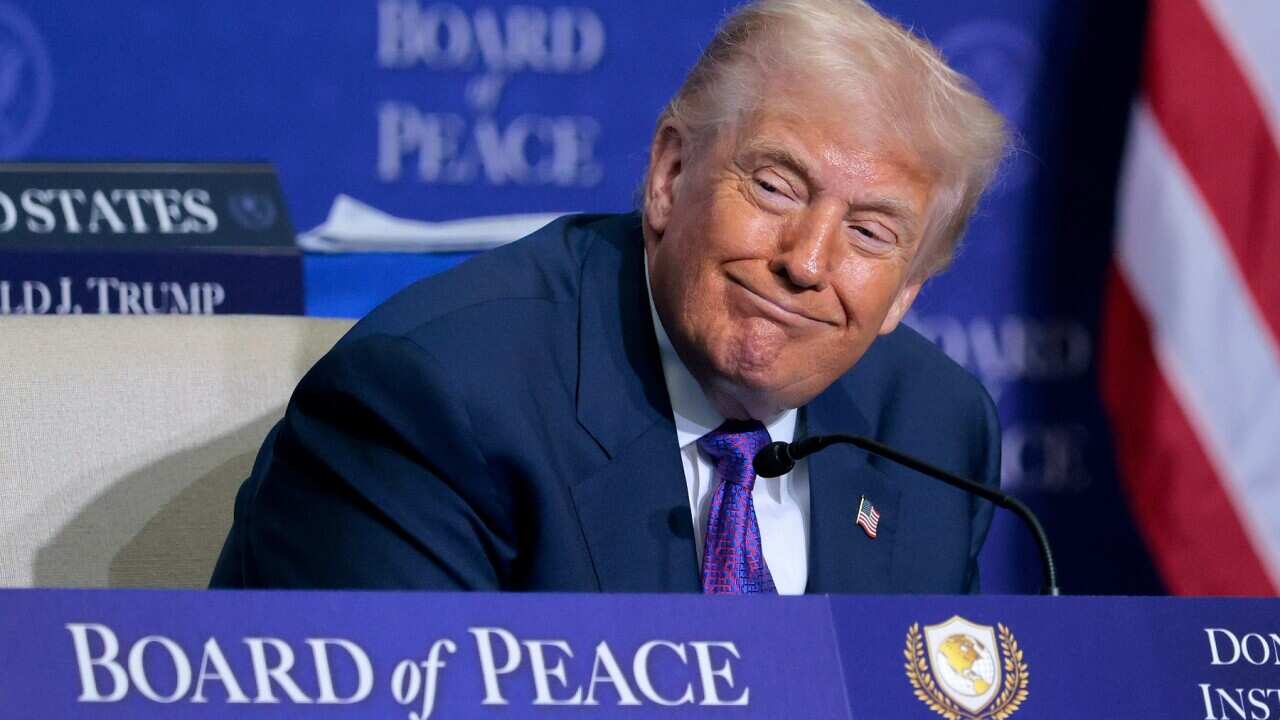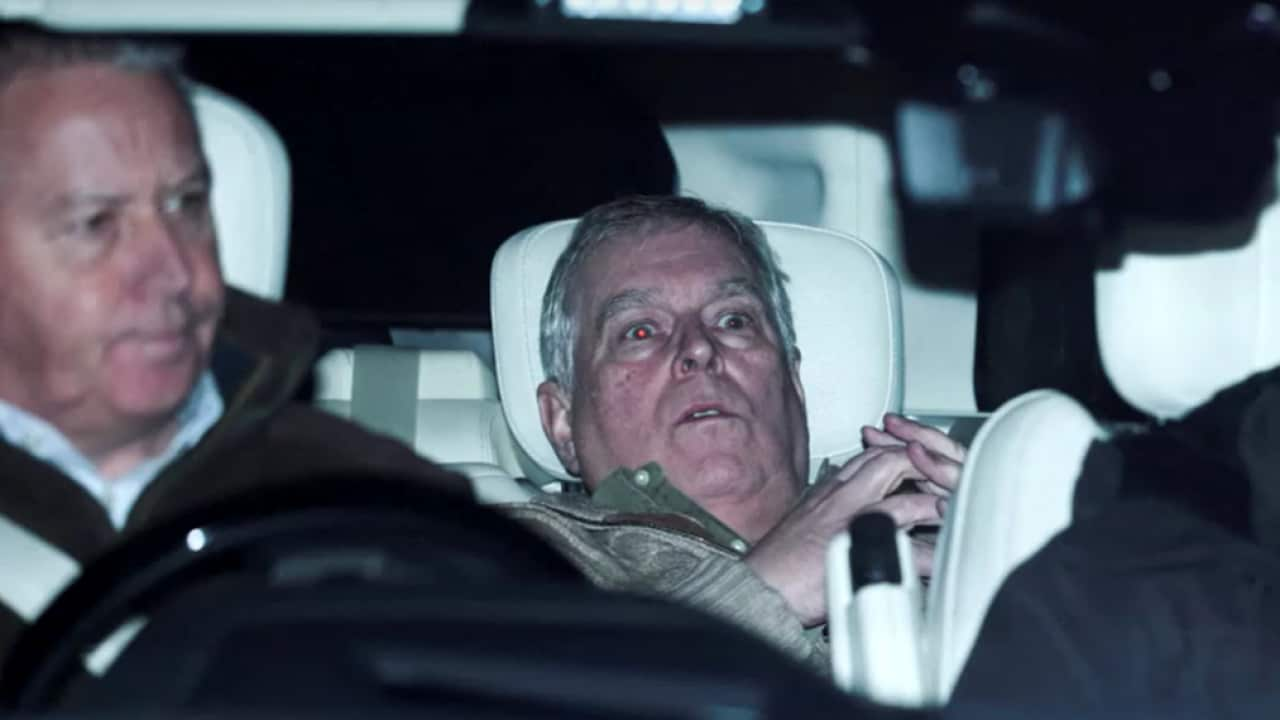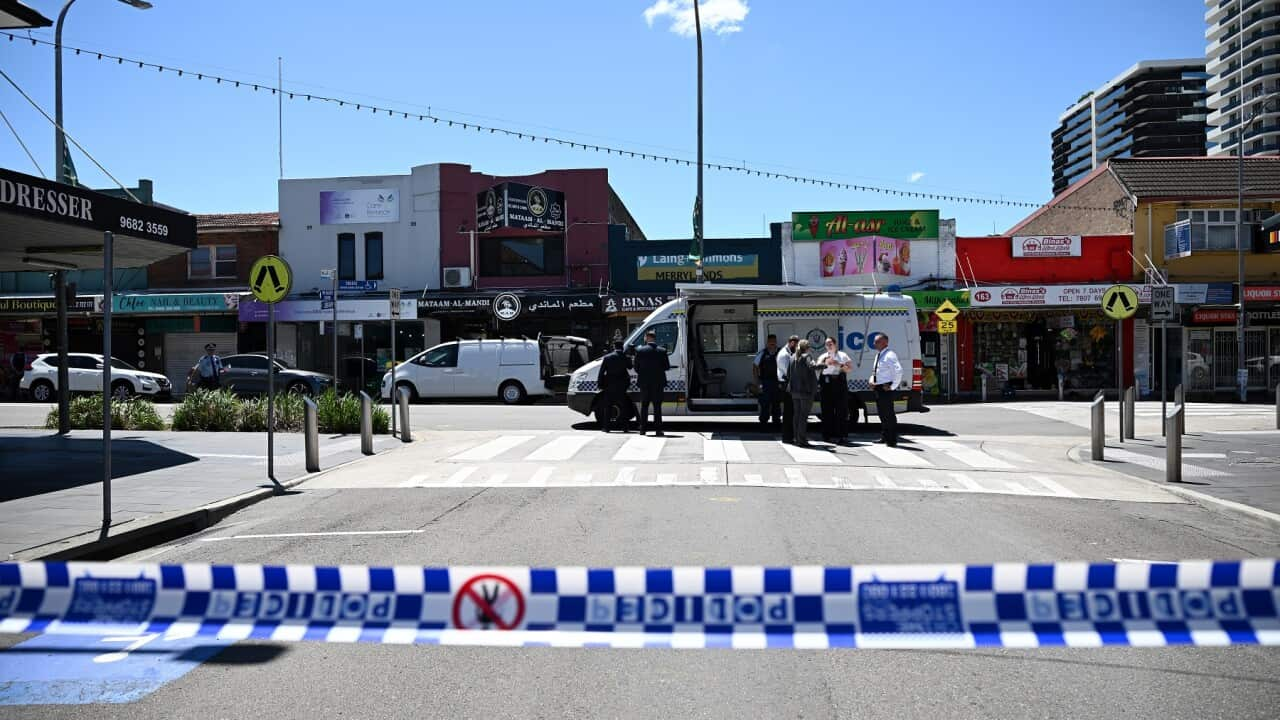WARNING: There is some graphic content in this report which some listeners may find distressing.
Listen to Australian and world news, and follow trending topics with SBS News Podcasts.
TRANSCRIPT
Hamas gunmen stood guard as Red Cross Vans carried the bodies of two more deceased hostages handed over by the militant group.
Hamas says they've now returned all the bodies of hostages they can locate - a task proving difficult amid the rubble of the Gaza Strip.
But there are heightened concerns for the fragile ceasefire as Hamas are expected to return all living and dead hostages within 72 hours from the start of the ceasefire.
US President Donald Trump also reportedly told CNN that he would consider allowing Israel to resume military action in Gaza if Hamas fails to cooperate.
But the President did admit it was difficult to locate the bodies of hostages, insisting the US military did not need to get involved to ensure Hamas disarms.
"So we have the living hostages all back, they returned some more today. It's a gruesome process, I almost hate to talk about it. So but they're digging, they're actually digging. There's areas where they're digging and they're finding a lot of bodies, and then they have to separate the bodies, you wouldn't believe this. This is, and some of those bodies have been in there a long time."
The militant group returned four bodies of dead hostages on Monday and another four on Tuesday, but Israel said one of the bodies returned on Tuesday does not match the identity of any of the hostages.
Israel had threatened to halve the number of aid trucks allowed into the Strip as punishment, but following Hamas' release of more bodies, Israel have continued to allow aid to roll into Gaza.
For residents like Umm returning to Gaza City, the situation is desperate.
"There is no work, no food, no drinks, no housing, and now winter is coming. By God Almighty, I'm telling you, I swear we don't have blankets. I have nothing, nothing at all. I left and my house was destroyed, and I'm still in the same situation, and now we're suffering. Where are we supposed to live? Where are we supposed to go? What are we supposed to do?"
Aid representatives are welcoming news that Israel says it will open the Rafah crossing connecting Gaza and Egypt.
But UNICEF spokesperson James Elder told SBS the political community must not become complacent.
"So much damage has been done. The immune system of children have never been more compromised. They've had two years of enforced deprivations of food, of living in tents, of a severe lack of water, of sanitation systems shattered. So the enormity of what is needed cannot be overstated and it's not going to be achieved in a week, it's not going to be achieved in a month. But certainly if aid doesn't flow as per the promises then we will only lose more lives."
Doctors in Gaza are also reporting that many of the 90 bodies returned to Gaza by Israel demonstrate signs of torture and execution.
It is unclear whether the deceased had died in Israeli custody or were taken from Gaza by Israeli troops.
Sameh Hamad is a health ministry official in Gaza.
"The bodies that were received yesterday bear signs of abuse. What we saw with our own eyes their hands, and feet are cuffed, and their eyes are blindfolded. We also saw clear signs and marks of torture and execution. This was yesterday. Today, an examination is underway and work is underway on these pure bodies, and we are working to uncover these crimes that were committed against the owners of these bodies."
Israel is also facing pressure from the public to ensure all remaining deceased hostages are returned.
The mother of released hostage Elkana Bohobot, Ruhama Bohobot, spoke at Sheba hospital in the Tel Aviv district where some of the returned hostages are receiving treatment.
"I will sign off with this, the mission is not yet complete. Our hearts are still in Gaza. We must not rest until the last hostage returns. The people of Israel demand, want, and need all the captives home. And as soon as possible. This is our moral and ethical duty as a nation, and it is the full responsibility of the government of Israel."
Despite uncertainty around the first phase of President Trump's so-called 20-point plan, planning is underway for an international force to enter Gaza and stabilise security in the enclave.
Two US senior advisers in a meeting with reporters said there were up to two dozen US troops in the region helping to set up the operation, with the aim of using local partners who wish to assist.
The US is speaking to a number of countries about contributing to the force including Indonesia, the United Arab Emirates, Egypt, Qatar and Azerbaijan.













